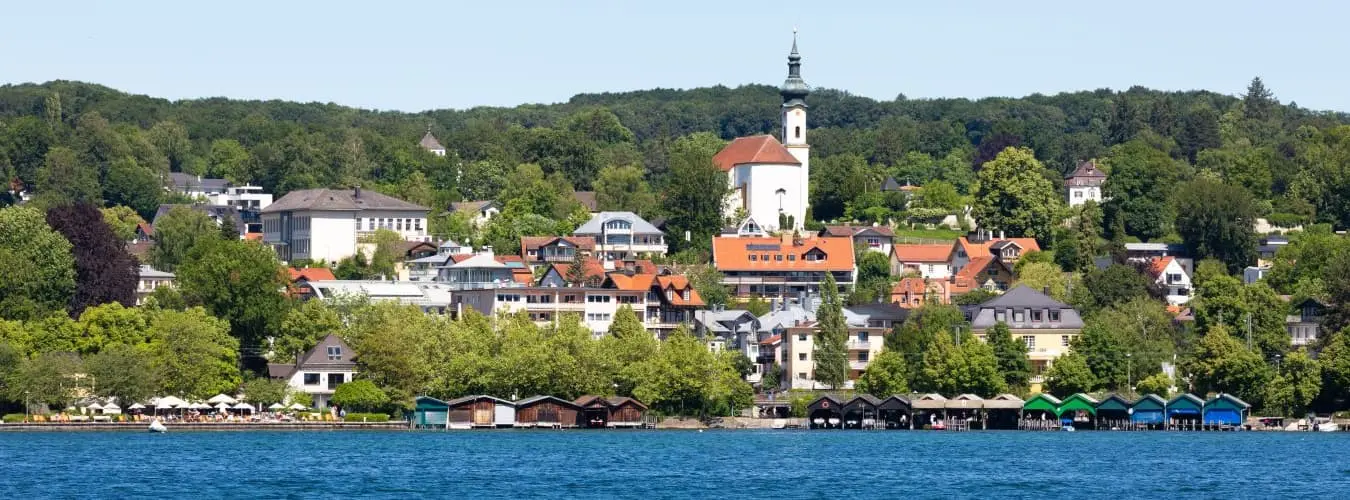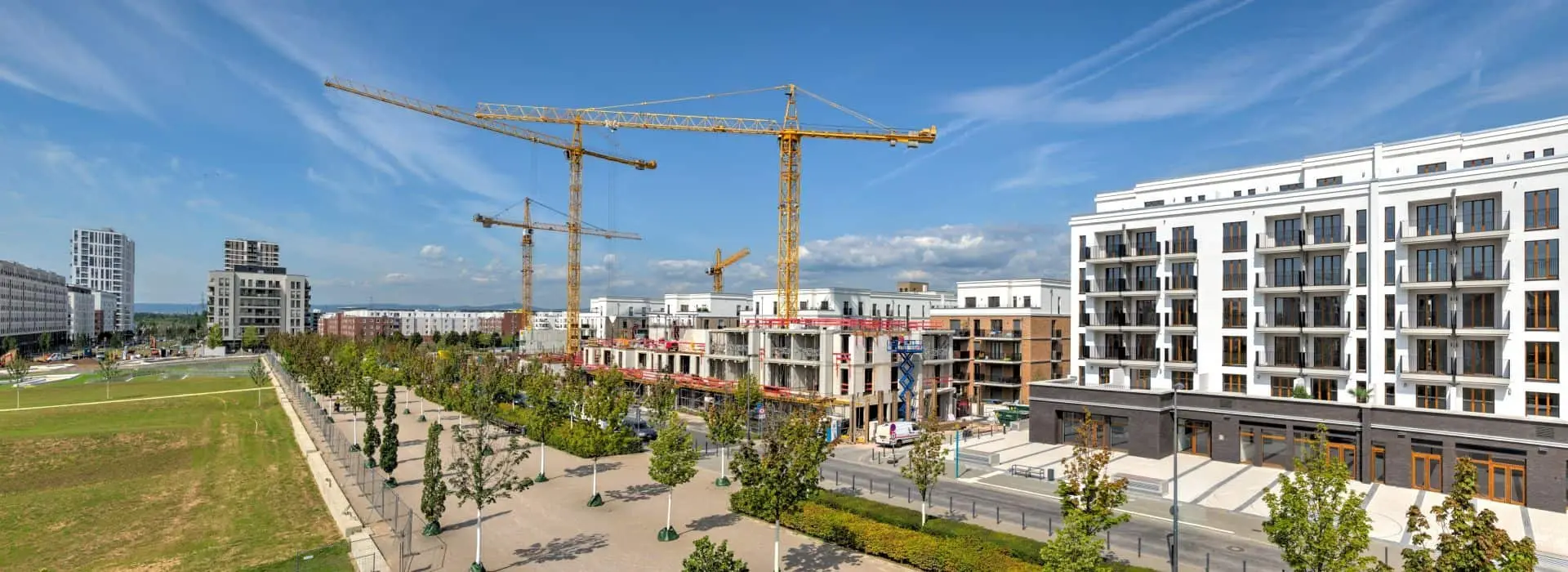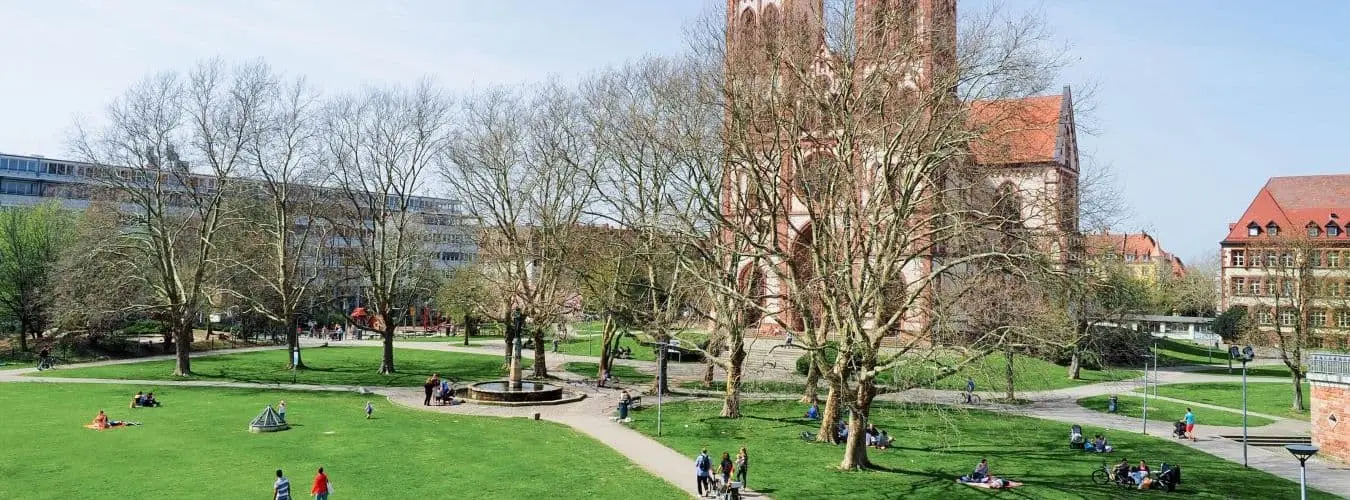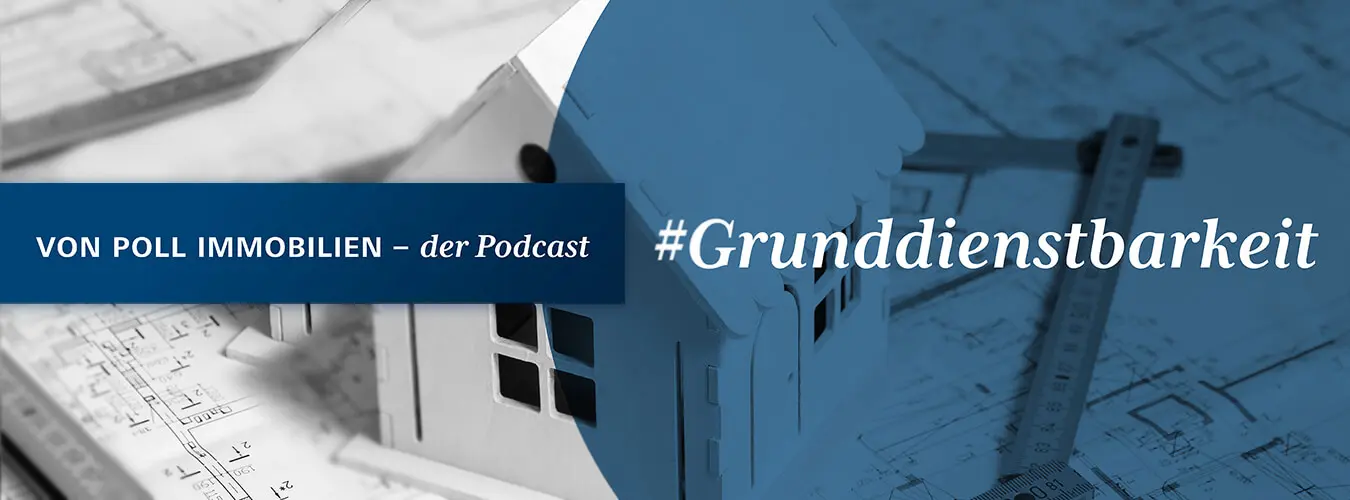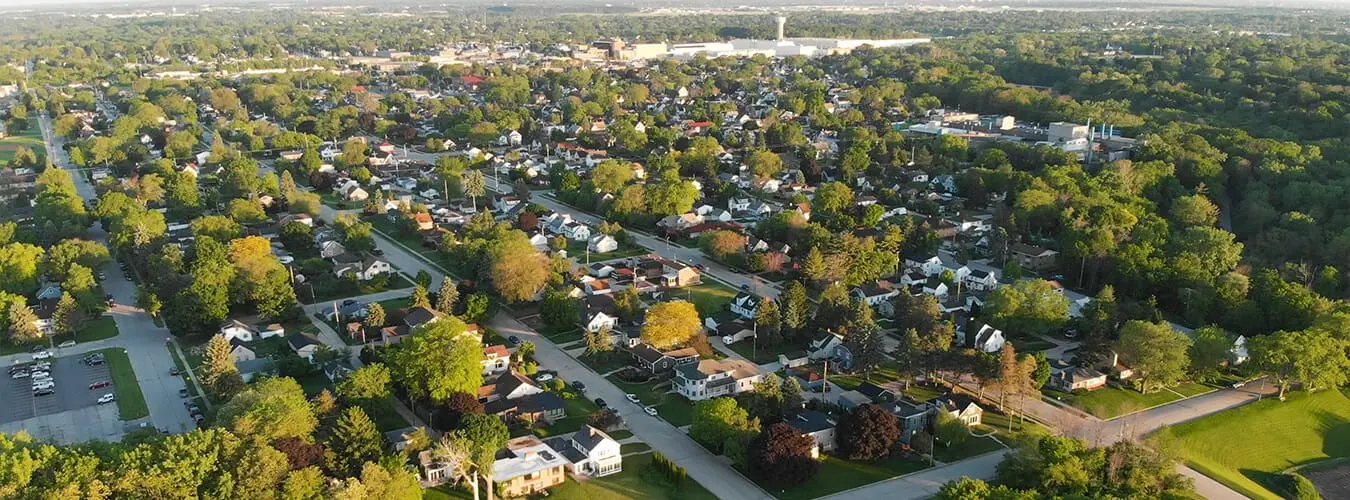Content overview
- 1. Leipzig scores with the largest supply of energy-efficient properties
- 2. Hamburg environs must renovate the most by 2030
1. Prices for residential properties on the North Sea coast fall
From A to G - from the highest to the worst energy efficiency, residential properties are classified. However, this could soon change. Because the new plans of the European Parliament (EU Parliament) to make buildings more climate-friendly are quite ambitious. According to these plans, all residential buildings in every country of the European Union (EU) are to achieve at least energy class E from 2030 and at least energy class D from 2033. The resolution has not yet been passed, but the direction shows that the requirements and obligations in terms of energy efficiency are becoming stricter. This also influences prospective buyers looking for real estate, who are increasingly looking more closely at the property's energy certificate. But how does the real estate offer currently look in terms of energy classes? VON POLL IMMOBILIEN experts have analyzed how the distribution of residential properties per energy class1 - especially with regard to the restrictions until 2030 and 2033, respectively - looks like in the eight A-cities Munich, Frankfurt am Main, Berlin, Hamburg, Düsseldorf, Cologne, Stuttgart and Leipzig and their surrounding areas in the first quarter of 2023.
Daniel Ritter, managing partner at VON POLL IMMOBILIEN:
"The new requirements and renovation obligations for buildings are increasingly occupying prospective buyers and prolonging the brokerage of properties. The general energetic discussion does the rest, why prospective customers become more reserved: How to deal with the existing gas or oil heating system? Is an air-source heat pump sufficient? Where and when are there subsidies? Can I even get a new heating system and the right tradesman to go with it? The need for advice has increased. That's why our real estate experts are increasingly working with regional energy consultants and drawing up an energy roadmap together with customers. We also offer a financing calculator to show customers what they will have to spend each month to purchase the property. Here are more features for an even better overview in the implementation."
In the first quarter of 2023, prospective buyers will find the largest share of residential properties with high energy classes between A and D in Leipzig with 96,6 percent. Only 2 percent of the properties offered there reach the class E, approximately 1.5 percent the classes F to H. It is similar in Düsseldorf, where after all 91.6 percent of the real estate offers are classified between A and D, only 4.4 percent with the energy class E and 4 percent with a class between F and H.
Stuttgart performs worst in the city ranking. A whopping 15.2 percent of the houses and condominiums on offer only achieve energy classes between F and H and would have to be renovated for energy efficiency by 2030 according to the EU's new plans. With 9 per cent of the residential properties in Stuttgart with the class E prospective buyers would have time up to 2033, in order to convert a smaller energy consumption. Approximately three quarters of the offered real estates in Stuttgart are against it already with an energy class between A and D characterized.
Similarly it looks in Hamburg, where 12.6 per cent of the offered houses and dwellings obtain an energy evaluation between F and H, which would have to be reorganized accordingly until 2030. In Cologne against it every tenth real estate offer reaches in the first quarter 2023 only one energy class between F and H. Starting from 2033 then also the buildings with the E classification fall away, under which in Hamburg 9.1 per cent and in Cologne 7.8 per cent.
In Frankfurt/Main, Munich and Berlin the real estate offer is similarly distributed, if potential buyers look at the energy values of the offered houses and condominiums. Nevertheless 86.7 per cent of the offer in Frankfurt/Main and in each case 86.1 per cent in Munich as well as in Berlin already have an energy document of identification with an evaluation between A and D. However, prospective buyers in Frankfurt am Main will have to factor in energy refurbishment by 2030 for 7.2 percent of the properties on offer there with energy classes F to H. This figure is also higher in Munich and Berlin. In Munich and Berlin, this proportion is slightly smaller than in Frankfurt am Main, at 5.5 percent and 6.5 percent, respectively.
Daniel Ritter, managing partner at VON POLL IMMOBILIEN:
"While the energy certificate and energy values were of secondary interest in the past as part of the sales process for real estate, prospective buyers are now demanding relevant information directly in order to use the associated investments as arguments for their price negotiations. Particularly in the case of houses in need of renovation with large plots of land in B and C locations, prices sometimes fall by between 10 percent and 30 percent. In addition, banks are looking much more closely at the energy certificate than they used to. Some even begin to offer small interest discounts for particularly energy-efficient real estate."
2. Hamburg surrounding countryside must redevelop until 2030 most
In the surrounding countryside comparison of the metropolises Leipzig falls again in the eye. After all, 91.2 percent of the residential properties on offer in the Leipzig environs achieve the energy class A to D, circa 2.7 percent the class E and 6.1 percent of the real estate offers the energy values between F and H. Also the environs of Berlin offer many properties (89.9 percent) with higher energy efficiency values between A and D in the first quarter of 2023. Circa 3.3 percent of the Berlin offers achieve the energy class E, circa 6.8 percent values between F and H. A similar picture finds prospective buyers in the resident of Munich surrounding countryside, where in the energy document of identification with up-to-date 86.7 per cent of the residential properties an energy evaluation between A and D stands, with 7 per cent of the offers the energy value E and with 6.3 per cent a classification between F and H.
It is remarkable that the Hamburg surrounding countryside, as already in the city comparison, belongs to the tail lights with the energy-efficient real estate offers. The portion of residential properties, which achieve only an energy value between F and H, amounts to 18.3 per cent there. This is the largest share of residential properties with the lowest energy efficiency, which would also have to fall under the EU's stricter criteria and be refurbished by 2030. By contrast, prospective buyers would have to factor in refurbishment plans by 2033 for 8.5 percent of the residential properties with energy class E on offer in the Hamburg area. In Cologne, too, 14.3 percent of the real estate offers in the first quarter of 2023 only achieve an energy class between F and H, approximately 6.6 percent class E and 79.1 percent an energy value between A and D.
While Düsseldorf comes off second best in the city comparison in terms of the energy classes of current real estate offers, the Düsseldorf surrounding area only ranks third last in the surrounding area ranking. Because 11.2 per cent of the real estates in the Düsseldorfer surrounding countryside are classified only with F to H, 6.6 per cent with E and finally 82.2 per cent between A and D.
In the surrounding countryside of Frankfurt/Main and Stuttgart prospective buyers find in the first quarter 2023 nevertheless 84.2 per cent and/or 83.2 per cent of the offered real estates with a higher energy evaluation between A and D. However, in both surrounding regions also every tenth property achieves only an energy rating between F and H.
Daniel Ritter, managing partner at VON POLL IMMOBILIEN:
"Older existing buildings with low energy efficiency are finding it increasingly difficult - especially if energy policies continue to tighten. We are therefore seeing a decline in demand in this segment, partly because the cost of refurbishments is difficult to calculate due to increased tradesman prices and supply chain issues. There are many uncertainties. Therefore, professional advice from real estate experts is more important than ever."
¹ The data basis of the analysis on the share of real estate supply by energy class for condominiums and detached and semi-detached houses in the eight A-cities Munich, Frankfurt am Main, Berlin, Hamburg, Düsseldorf, Cologne, Stuttgart and Leipzig and their surrounding areas (all adjacent urban and rural districts) is based on the real estate advertisements in the first quarter of 2023 by GeoMap and VON POLL IMMOBILIEN Research (2023).






























